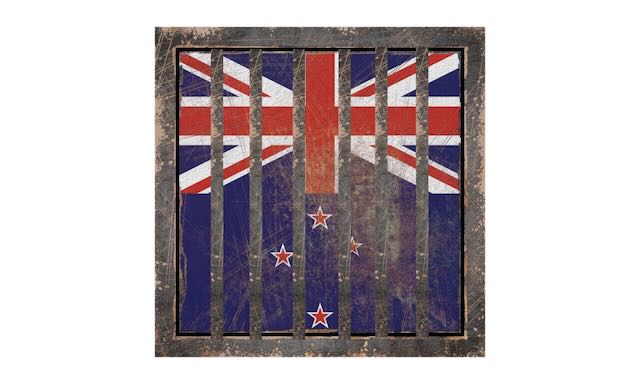A New Zealand health ministry employee was arrested for leaking records on vaccination status and death from the government database. He faces up to seven years in prison. The government admits that there has been no privacy breach as the data was anonymised yet, by arresting him they have confirmed the veracity of the data and implied they do not want the public seeing it.
News

Where is the UK equivalent of the New Zealand data?
Understanding the real impact of the covid vaccines requires record level data. An FOI was put to UKHSA for them to release the vaccine date and death data they have that enables them to remove people from their vaccine database.

Covid Inquiry Update: Watching Whitty’s Wits End
We would like to caveat this piece by underscoring that HART does not subscribe to many of the basic assumptions being promulgated by the Covid Inquiry. We disagree heartily on assumed lethality of covid, assumed novelty, their understanding of transmission, their assumptions about the success of the ‘vaccines’ to name a few.
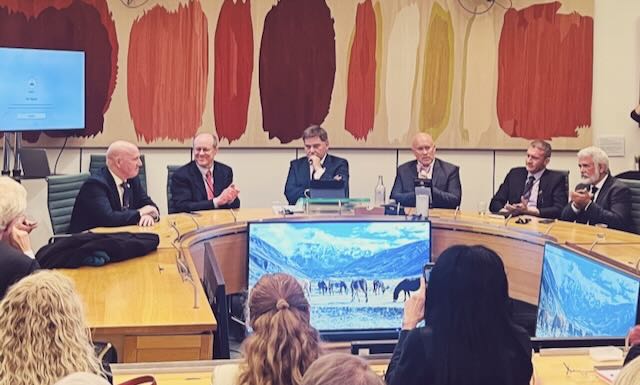
The Mysterious Case of the Disappearing Remote Control
Dr Mike Yeadon was unable to attend the event, but had provided a pre-recorded testimony. As it transpired, his address could not be played due to ‘technical difficulties’. It arrived safely on a laptop, but Andrew Bridgen announced that we were not able to hear it because ‘the television had been muted and they did not have the remote control’. As ‘the dog ate my homework’ excuses go, this one was pretty poor. Couldn’t one of the many people there to help have popped out to ask a staffer to find a remote?

When did face-to-face care become an optional extra?
Following the account from a frontline GP back in July outlining the woeful state of affairs within the NHS, we received a thoughtful response from another GP, confirming everything that was laid out, but also adding a few of their own thoughts.

Study dismisses concerns regarding sudden cardiac deaths of US students
A recent study of deaths in US students appears to show a declining rate of sudden cardiac deaths. The study included students who were registered with the National Collegiate Athletic Association who organise intercollegiate athletics. Figure 1 shows the main findings. However, there are a number of points about this paper which raise doubts about the findings.
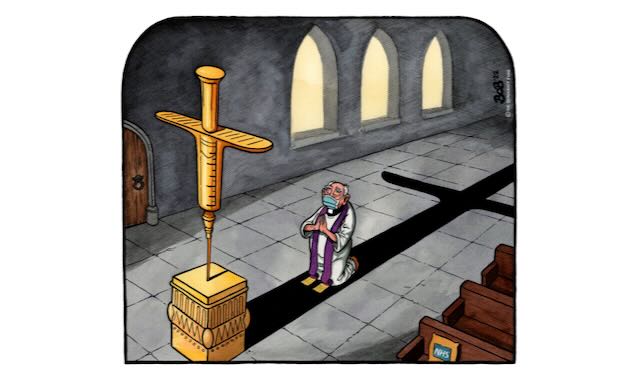
Thou Shalt Not Question Big Pharma
Maryanne Demasi presented a depressing historical account of the reach of Big Pharma in an era well before covid when she was speaking at the recent Australians for Science and Freedom conference at the University of New South Wales, Sydney. Maryanne is an investigative journalist with a background of health research and has been a regular writer for the BMJ.

What does the intensive care data really show?
At face value the data from intensive care shows a marked difference in admission rates between the unvaccinated and vaccinated population. However, it is not all as it seems.
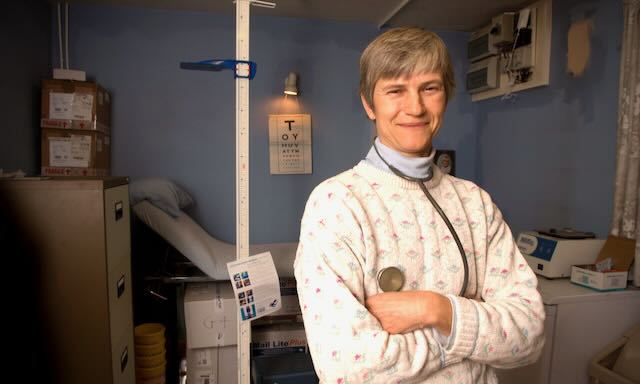
First, Do Harm: A Sorry Tale in the Daily Mail
The sordid state of the medical system here in the UK is laid bare in excruciating detail in a recent Daily Mail article which chooses to perpetuate myths and disinformation rather than engage in genuine reporting.

Another measure of the vaccines’ evident failure is being flagrantly ignored
Before Public Health England became UKHSA they devised a way of measuring the proportion of household contacts who were ill a few days later – the secondary attack rate. Many publications on secondary attack rates claim very high percentages but fail to exclude people within a household who became ill at the same time as each other and should both be considered primary cases. Public Health England did exclude these situations and found very consistent results as a consequence.

The Covid Inquiry: Further insights into the murky world of Behavioural Science
Although the ongoing Covid-19 Inquiry increasingly resembles an expensive pantomime designed to support the dominant lockdown-and-jab pandemic narrative, scrutiny of the extensive witness transcripts can be informative as to the actions of key actors. Such is the case with the behavioural scientists, in particular those operating within the Scientific Pandemic Insights Group on Behaviours (SPI-B) – a subgroup of SAGE that advised the Government on its Covid-19 communications strategy.

Were covid vaccine trials misleading by design?
The covid vaccine trials did not focus on how many were healthy instead comparing those who developed disease. To take the Pfizer/BioNTech trial as an example, there were 8 PCR positive symptomatic people in the vaccine group and 162 in the placebo group more than a week after the second dose and after up to 2 month’s follow up. That worked out at a 94.6% efficacy when calculated as a percentage reduction.

Covid vaccine fanatics turn to AI for reinforcements
The most likely reason for the use of such automated systems is that they have insufficient resources to respond individually to the volume of material being posted which is oppositional to their favoured narrative. As well as this being caused by a growing number of people becoming aware of the truth about the covid “vaccines”, it could also be a shrinking in the number of people who wish to perjure themselves for hours a day, now it has become obvious that all they are doing is lining the pockets of greedy corporations who seem not to care about the well being of any of the users of their products.
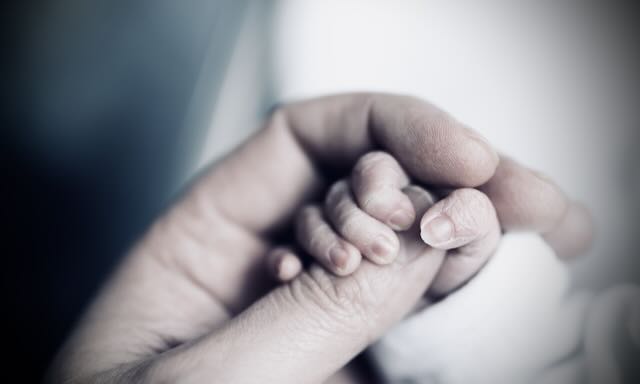
Deaths of Scottish babies
Public Health Scotland demonstrated a significant increase in neonatal deaths (in the first month of life) in 2021 but refused to investigate whether it was related to the vaccine because such an analysis “whilst being uninformative for public health decision making, had the potential to be used to harm vaccine confidence”.
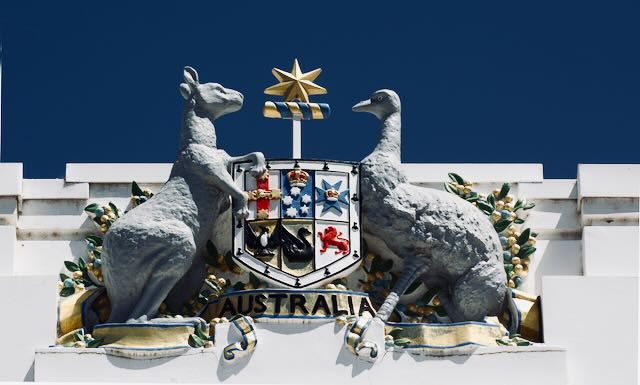
Excess Death Inquiry in Parliament House, Australia
On Wednesday October 18th in Parliament House, Canberra, the Australian Medical Professionals Society (AMPS) held an inquiry, addressing the alarming rise in excess mortality in Australia since 2021. This inquiry aimed to uncover the most pressing question: What is causing Australians to die at unprecedented rates? Why has the death rate rocketed?
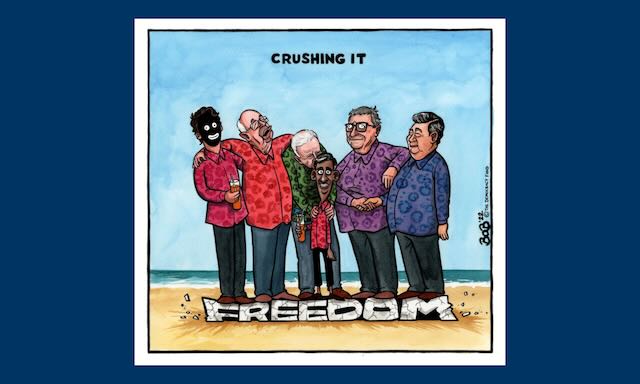
Censorship & Force are back in vogue
Four items have arisen this week as far apart as Canada, Brazil and England. A conspiracy theorist might ask, “Who is pulling the strings?”
